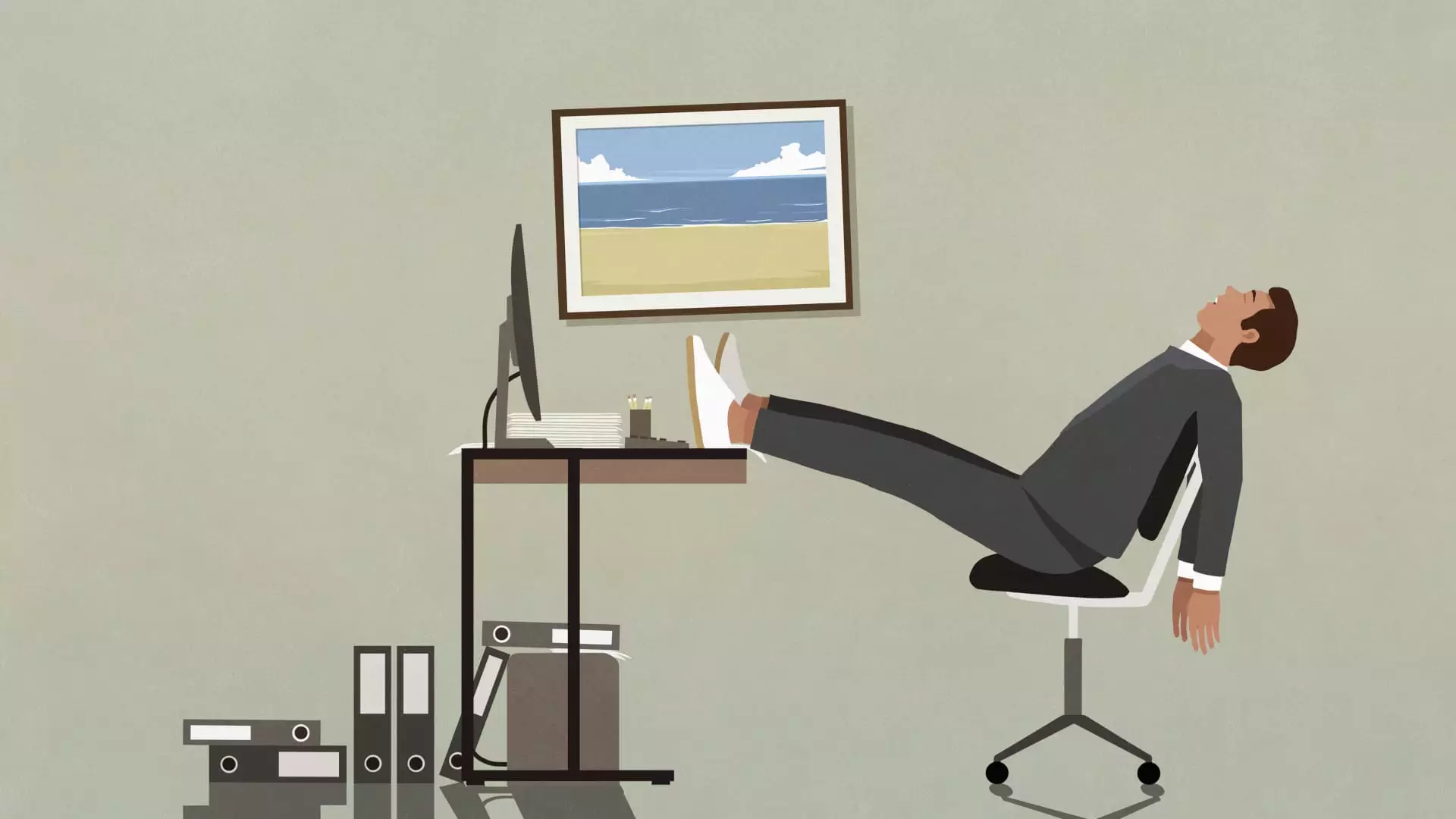The recent report published by Expedia sheds light on the state of vacation deprivation globally, revealing that nearly two in three workers feel they do not have enough time off. Surprisingly, the feeling of vacation deprivation is particularly high among cultures that actually have the most vacation days. For example, 84% of Germans and 69% of French respondents expressed feeling deprived of vacation time, despite taking 27 and 29 days off respectively. On the contrary, Americans and Japanese take the least amount of time off per year, with only 11 and 12 vacation days respectively.
The Expedia report suggests that the feeling of being “vacation deprived” is not solely determined by the number of days off taken, but rather by cultural attitudes towards work and leisure time. The French view time off as a fundamental right, contrasting with the American perception of vacation as a guilty pleasure. This disparity in cultural perspectives plays a significant role in shaping the feeling of vacation deprivation among various countries.
Interestingly, the report also highlights the impact of employer support on vacation planning and the use of annual leave. In Germany, only 42% of workers feel that their employers are supportive of their vacation time, leading to feelings of guilt and an inability to disconnect during time off. Conversely, Hong Kong has a strong pro-PTO culture, with 80% of workers perceiving their employers as supportive. This support translates into meticulous vacation planning, with Hong Kongers even planning to take more days off than allotted.
Different countries adopt varying strategies for maximizing their annual leave. While Hong Kong and Singapore residents tend to plan their time off meticulously, ensuring that no days go unused, Americans tend to save their vacation days for a big annual trip. This difference in approach can contribute to the feeling of vacation deprivation, as Americans may find it challenging to plan and take extended periods off due to busy schedules.
The report also points out the cultural differences in how countries utilize their vacation time throughout the year. Japanese workers, despite taking only 12 days off per year, report the lowest levels of vacation deprivation. This is attributed to their practice of taking regular monthly breaks, in contrast to Americans who tend to focus on a single yearly vacation. By scheduling mini-breaks around holidays, Japanese workers are able to maintain a better work-life balance and avoid feeling deprived of vacation time.
The Expedia report highlights the complex interplay between cultural attitudes, employer support, and personal vacation planning in shaping the feeling of vacation deprivation among global workers. While the number of vacation days taken is important, it is equally crucial to consider how individuals and societies value and utilize their time off. By understanding these factors, employers and policymakers can work towards creating a more balanced approach to annual leave that promotes employee well-being and satisfaction.


Leave a Reply